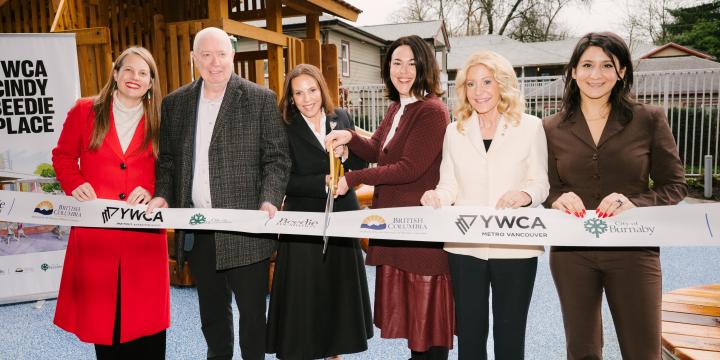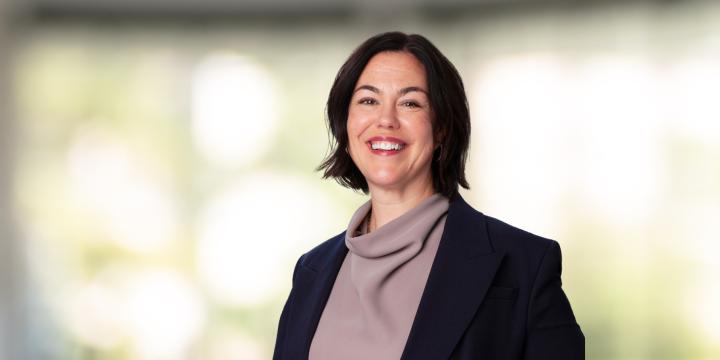
Our Progress on Equity, Diversity and Inclusion
As the world continues to change in rapid and sometimes astonishing ways, we know that YWCA Metro Vancouver must continue to evolve, too. This is especially true for our work in equity, diversity and inclusion (EDI).
The YWCA is undergoing a process of self-examination and inquiry to honestly look at where we stand on EDI. If we continue on without checking in, listening and responding, we will fall short in our vision of a just and equitable world, and potentially create harm by keeping our focus too narrow. In order to continue being relevant and impactful in ways that are inclusive and authentic, we need to be honest about where we have been, where we are at, and what changes are needed to move forward.
What our Community Says
In 2021, we hired Bakau Consulting to assist us in this process. Led by Cicely Blain, their team has engaged YWCA leadership and staff, our Board of Directors, and, most recently, the organization’s external community—like program participants, donors and volunteers. Listening to people in our community share what their experience is with us will help guide our work.
We are grateful to the 290 people who responded to our anonymous survey. This includes program participants, residents of YWCA housing communities, Health + Fitness members, volunteers, donors, community partners and other supporters. To reach as many people as possible, the survey was translated to Mandarin, Cantonese, Filipino (Tagalog), French, Punjabi and Spanish.
Bakau Consulting gathered and analyzed the data. They found that the YWCA community is diverse in terms of age, race, religion and ability, demonstrating that our engagement is meaningful and is connecting with people we set out to serve. We reach a high proportion of Indigenous community members (relative to census data), and we must take steps to ensure we have diverse staff and leadership to steward this work. The organization’s staff also lacks in diversity in other ways – in gender identities, gender expression and sexual orientation. This is something we are seeking to address through more inclusive hiring practices.
We are humbled that our work is often recognized in the community as effective and meaningful. For example, the survey found that programs intending to reach newcomers (employment, housing and single moms’ support groups) are meaningful to many. There continues to be a need for it, so we will seek opportunities to expand supports for people new to this country.
We also need to authentically deepen our engagement with the 2SLGBTQIA+ community by making our programs, services and physical spaces more accessible and by offering programs specifically to support people in this community. This will include providing training on inclusive, strengths-based language.
Broadly speaking, we must continue to focus on inclusion and belonging across all programs and services and create opportunities for diverse people to be a part of the YWCA community. The survey showed us that there is both overwhelming support for this work, and recognition that it takes time to make the changes required.
Moving Forward
Bakau Consulting offered recommendations, and we have used these to create a road map for our next steps. This includes:
- Incorporating survey feedback to inform our forthcoming Equity, Diversity and Inclusion Strategic Plan
- Providing more staff training, in addition to the existing unconscious bias, inclusive language and truth and reconciliation training
- Committing to more inclusive hiring practices. We have begun this work and are committed to deepening it
- Hiring a manager of Indigenous Relations
- Hiring a manager of Organizational Development and Training
This year, YWCA Metro Vancouver marks 125 years of serving our community. We recognize that Canada was founded through colonialist and racist policies, and the YWCA was established and operated during this time. We also recognize that these legacies exist in our present time and are committed to actively decolonizing our policies, programs and practices.

